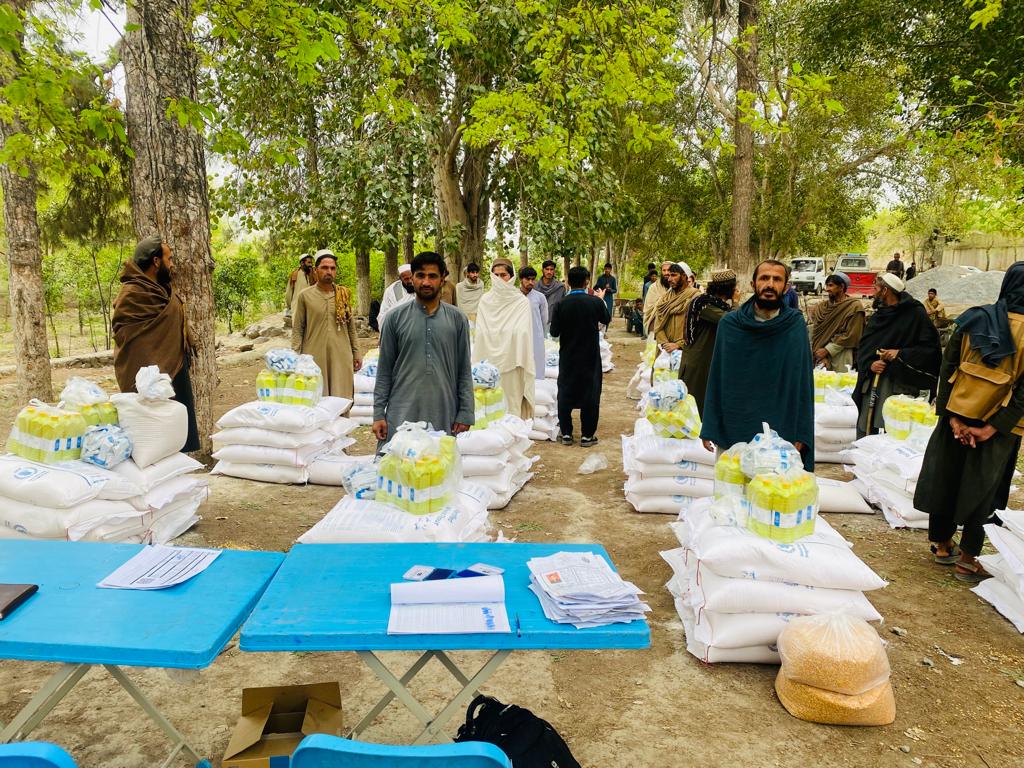National non-governmental organizations (NGOs) in Afghanistan play a crucial role in addressing food security issues and ensuring a reliable food supply for vulnerable populations, especially in times of crisis and conflict. These NGOs often collaborate with government agencies, international organizations, and local communities to implement food assistance programs and support agricultural development initiatives. Here are some ways in which national NGOs contribute to food supply efforts in Afghanistan: 1. **Food Distribution Programs**: National NGOs in Afghanistan often operate food distribution programs to provide essential food items to communities affected by poverty, displacement, natural disasters, or conflict. These programs may include the distribution of food baskets, fortified food products, or vouchers redeemable for food items at local markets. 2. **Nutrition Programs**: Many national NGOs focus on improving nutrition outcomes among vulnerable populations, particularly women and children. These programs may include providing nutritional supplements, promoting breastfeeding and complementary feeding practices, and conducting nutrition education and counseling sessions to prevent malnutrition and stunting. 3. **Agricultural Development**: National NGOs play a significant role in supporting agricultural development initiatives aimed at enhancing food production, improving agricultural practices, and increasing farmers' resilience to climate change and environmental challenges. These initiatives may include providing agricultural inputs (seeds, fertilizers, tools), training farmers in sustainable farming techniques, promoting crop diversification, and establishing community-based irrigation systems. 4. **Livelihood Support**: National NGOs implement livelihood support programs to help vulnerable households generate income and improve their access to food. These programs may include vocational training, microenterprise development, cash-for-work initiatives, and smallholder farming projects aimed at increasing household food security and economic resilience. 5. **Emergency Response and Disaster Relief**: In response to emergencies such as natural disasters, conflict-induced displacement, or food crises, national NGOs play a critical role in providing emergency food assistance, shelter, and other essential services to affected populations. These organizations often work closely with humanitarian agencies to deliver rapid and effective assistance to those in need. 6. **Capacity Building and Community Empowerment**: National NGOs engage in capacity-building initiatives and community empowerment activities to strengthen local institutions, enhance community resilience, and promote sustainable food security solutions. These efforts may include training community leaders, establishing farmer cooperatives, and facilitating participatory decision-making processes in food security and agricultural development projects. 7. **Advocacy and Policy Influence**: National NGOs advocate for policies and programs that prioritize food security, agricultural development, and the rights of vulnerable populations in Afghanistan. Through advocacy campaigns, research, and policy dialogues, these organizations seek to influence government policies, mobilize resources, and raise awareness about the root causes of food insecurity and poverty in the country. Overall, national NGOs in Afghanistan play a vital role in complementing government efforts and international assistance in addressing food security challenges, promoting sustainable development, and improving the well-being of the Afghan people.
You can give your opinion about any of our services, we will listen to them and we will do the work with full satisfaction based on your opinion.


